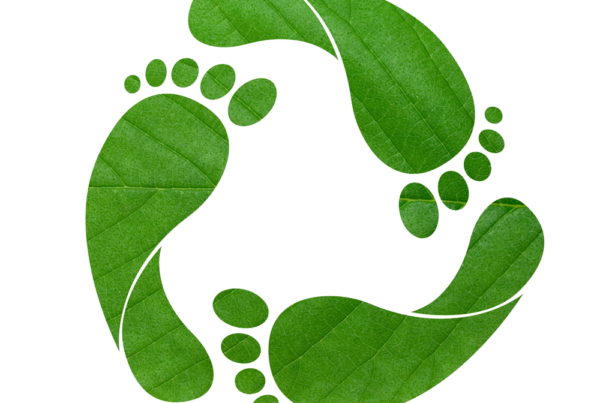How many times do you have to remind your kids . . . “Turn off the water!” . . . or, “Turn off the light when you leave the room!” Kids are forgetful and they sometimes need help developing good conservation habits. Here’s a simple activity that will make your kids aware of how much water they can waste simply by brushing their teeth!
1. Find a large bowl that will just fit into the sink to collect water running from the faucet.
2. Have your child brush their teeth as they typically do, leaving the water running the entire time.
3. When they finish brushing and rinsing, measure the volume of the water collected in the bowl. You can use any measurement that works for the tools you have on hand. Cups might be the best, as you can convert your final measurements into gallons. Students have a good concept of how much a gallon is when they think about a gallon of milk.
4. Repeat the process, but this time, have your child turn off the water when they are not using it to wet the toothbrush, rinse, etc. When finished, measure the amount of water used.
5. Have your child subtract the difference between the amount of water used when running the faucet the entire time and when only turning it on when necessary. Convert to gallons: 1 gallon = 16 cups.
6. Finally, have your child calculate the number of times they brush their teeth in one year. Multiply by the amount of water that can be saved at each brushing. The amount of water wasted each year by letting the faucet run is surprising!
7. To extend for older children . . . multiply that amount of water by the number of people in your household to see how much water the family could save in one year. Then, help your child read a recent water bill to determine how much your utility company charges per gallon of water. Use that figure to calculate the amount of money your family could save by turning off the faucet while brushing your teeth!
Disclaimer: If you follow this project through to the very end, be ready for your child to transform into the “faucet police”! 🙂 Once children “see” the results of conservation techniques they do tend to become aware of what everyone around them is doing!




